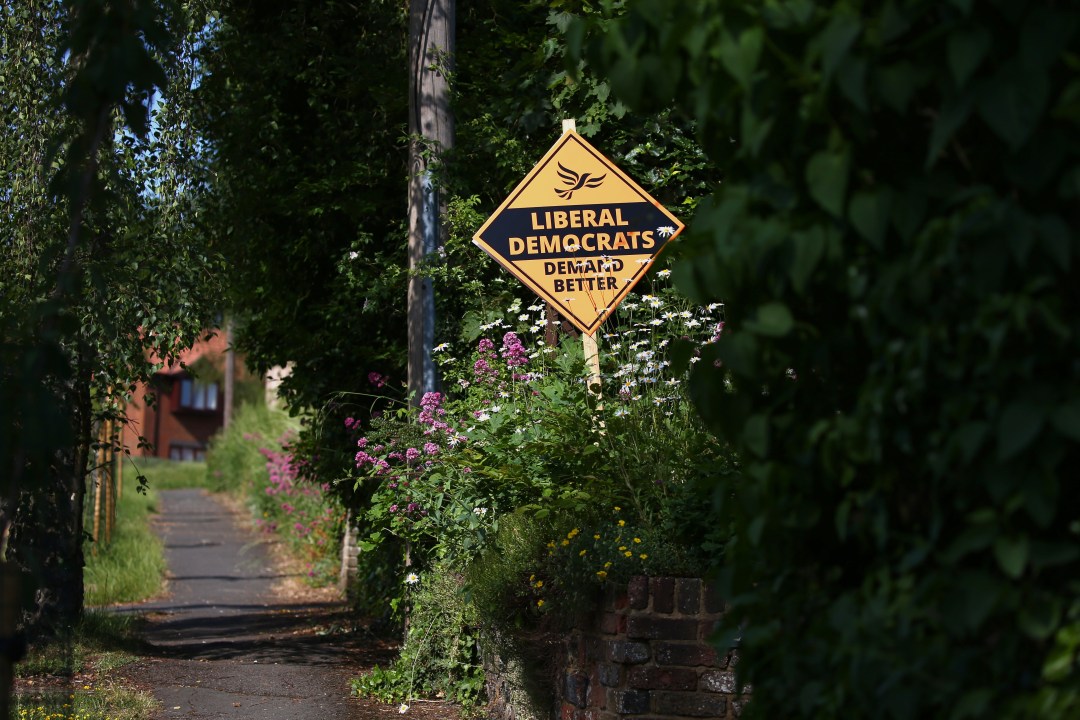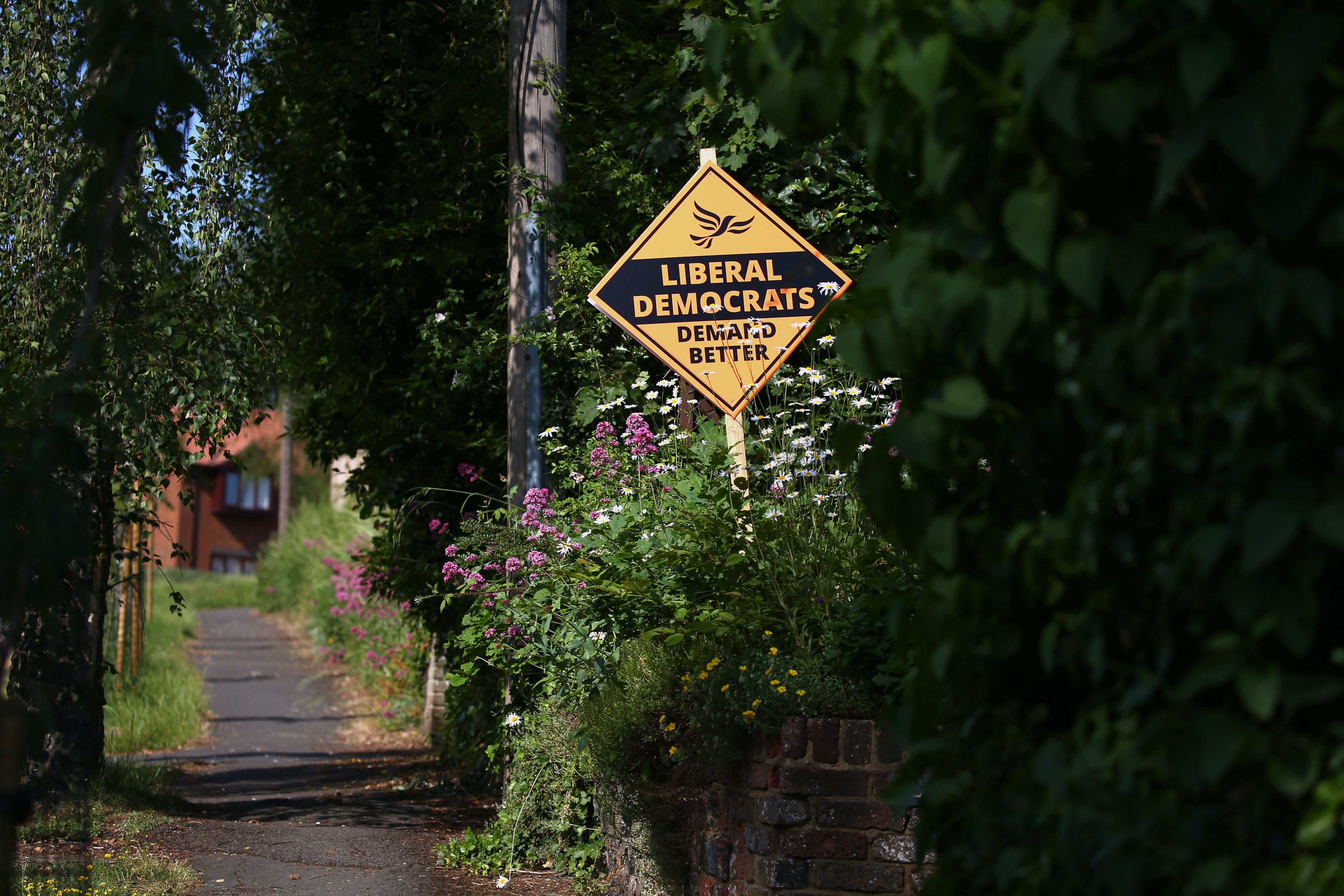Chesham and Amersham has fallen. The once uber-Tory Chilterns citadel has been snatched by the Lib Dems, with local campaigners citing planning reform and HS2 as the main drivers for their success.
After the ginormous swing — from a 16,000 majority to an 8,000-vote deficit — fears are growing that the Tories’ planning reforms might become a victim to demographic subsidence. Many of the government’s backbenchers are keen to undermine the party’s house-building efforts. They fear Amersham-style retribution from similar voters, eager to punish them for devaluing their most-prized asset and adding congestion to their quaint country lanes.
The Nimbyist revolt has been a major political force for yonks
Isle of Wight MP Bob Seely reacted to the election defeat by arguing that it was ‘the start of a significant pushback from communities on planning,’ taking on the ‘relentless housing targets — very often the wrong housing in the wrong areas — [that] just feeds the hamster wheel of planning doom.’
The start of the pushback? This Nimbyist revolt has been a major political force for yonks, steadily growing in power in line with the astronomical rise in house prices. It has given birth to a gerontocratic anti-wealth coalition that is threatening to restrain development, new families and happier lives by reining in all the forces of progress that are desperate to be released.
But the government must resist the pleas of its backbenchers: mass prosperity and the future of conservatism rely on the government urgently speeding up housebuilding.
Sadly, there is little optimism that No. 10 will smash the Nimbys once and for all. Young political activists have suffered constant defeat regardless of the colour of their rosette. Being a young member of a major political party is essentially a budget version of visiting a dominatrix: you hand over your cash and in exchange are treated to constant humiliation and degradation, with your dwindling hopes of an affordable future pushed aside in the name of attracting precious votes from long-retired Nimbys.
But there is a way to satisfy both parties. Politicians can green-light new buildings while putting cash in the pockets of suburban Tory voters through a policy called ‘street votes’ — letting streets vote on whether to let themselves expand.
Policy Exchange’s Strong Suburbs report provides a primer on how to do it. Individual streets can come together and create a proposal that doubles or triples their floor space, replacing their tired two bed semis with new Georgian-style terraces. If this proposal wins a vote of the street’s residents, it automatically gains planning permission. In areas like Chesham and Amersham, each homeowner would own a chunk of the development which would inevitably be worth hundreds of thousands of pounds more.
But if this proposal fails, the Tories should be bold and push on with a national progressive planning strategy. Winning over the most vociferous Nimbys might be an impossible battle, but the Conservatives have recently lapped up the votes from areas they previously thought could never stomach putting a tick next to their box. This vast political realignment is not all due to Brexit: new Tory voters in the North and in Midlands seats are relatively well-off and want the Conservative to preserve the life they enjoy. With new developments in areas close to train stations which can zip young workers into cities, their access to family life would improve, and so would the Tory voting tally.
Take Sherwood in Nottinghamshire. It has enjoyed massive development under Conservative rule, is close to a city and has great transport links. Mark Spencer’s majority was 214 in 2010; it leaped to 16,000 in 2019. For every Chesham and Amersham, there are plenty of regional seats waiting to be developed and propelled into Torydom.
By mistaking the battle for the war, the Tories risk missing the opportunity to assemble a staunch collection of Conservative seats built on homeownership. All the evidence is clear: when people own their property and benefit from its stability, they are more likely to start families and vote Tory. The current approach risks suffocating future Conservative support, preventing the short-term loss of a handful of home counties seats to an electoral irrelevance like the Liberal Democrats. As strategies go, it’s not the best.







Comments